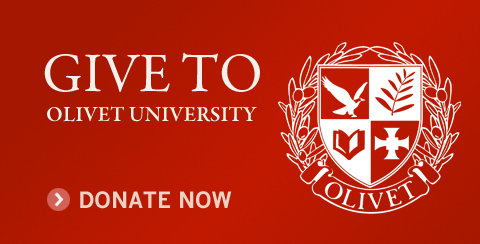All F-1 students at Olivet University must fulfill various requirements in order to remain in active F-1 status. Please review the requirements below to understand your responsibilities as an F-1 student.
Full Course of Study
F-1 students must be enrolled in a full course of study every quarter, with the exception of the summer quarter, and the last quarter of your program. Students may also request exceptions to the full-time study requirement by applying for Reduced Course Load, which will be described in more detail below. A full course of study is defined in the following way.
- Undergraduate students: 12 units per quarter
- Masters students: 8 units per quarter
- Doctoral students: Depends on program, please contact registrar for details
If F-1 students are enrolled in online courses, note that only 3 units per online course can be applied toward the full course of study requirements per quarter. Students are not precluded from taking more than one online course per quarter, but only 3 units can count toward the full course requirement.
Authorized Employment Rules
Employment is closely regulated by the United States government, and F-1 students are only allowed to work during their studies under certain circumstances. Unauthorized employment is grounds for termination, so all F-1 students should be aware of the authorized employment rules.
On-Campus Employment
F-1 students are allowed to work on-campus, but are limited to 20 hours per week while school is in session, and 40 hours per week during quarter breaks and summer vacation. There are provisions allowing students to temporarily work more than 20 hours in a given week under certain circumstances, but this must be approved by the university business office.
Curricular Practical Training (CPT)
F-1 students are allowed to apply to participate in CPT. This is an opportunity for students to work in a training capacity with an employer not affiliated with the University. The prospective employer must offer a position to the student that is related to the student’s program of study.
Depending on the college policy, some students may only be eligible for CPT after the first year of instruction, while some students are eligible even in the first year. Please contact the college administration or the ISO office for details.
Students may apply for CPT by visiting the ISO. Students must submit an academic advisor recommendation for participating in CPT, as well as a job offer letter from the prospective employer. Note that CPT is not a general work authorization, but the purpose of CPT is to act as a supplement to the traditional curriculum, allowing students to receive training in real-world skills relative to their field of study. Students can apply to participate in either full-time or part-time CPT, but note that this does not remove the full course of study requirements to remain in F-1 status.
Optional Practical Training (OPT)
Although OPT can be offered on a pre-completion or post-completion basis, we typically recommend students to take OPT only for post-completion, as CPT is more appropriate for pre-completion training.
Students who want to participate in the OPT program can apply at the University ISO office. Post-completion OPT can be requested as early as 3 months before the graduation date, up to 2 months following. Once the OPT form is submitted and approved, and I-20 with OPT approval will be issued to the student. The student is then responsible for filing an I-765 application for employment authorization document within 30 days of the I-20 issue date, or the application will be rejected.
Although a job offer and employer is not necessary when applying for OPT, note that students must only take work that is related to their field of study. In addition, according to OPT policy, students are only allowed to be unemployed for a total of 90 days during their OPT.
An OPT can be authorized for up to 12 months. Students from OIT are also eligible to apply for a STEM extension of an additional 17 months when nearing the end of their standard OPT period.
Economic Hardship Exemption
There exists the possibility that once the student has begun studies in America, his/her financial situation will change unexpectedly, and the financial support initially indicated would no longer be available. In this case, it is possible for students to request an economic hardship exemption that allows students to work with an employer off-campus while continuing studies. Please contact the ISO office to inquire further about this option.
F-1 Procedural Responsibilities
Maintaining Valid Immigration Documents
I-20: F-1 students must be aware of the program end date on their I-20. If their I-20 document expires and no extension is issued, those students would be considered out of status.
Students should keep a copy of their I-20 with them at all times to prove their legal right to be in the United States.
Passport: Students should keep their passport valid at all times. If the student’s passport is expiring soon, he/she should make sure to obtain a new passport.
Change of Local Address
Students who move and change address must notify the ISO office within 10 days of moving so that their digital records can be updated.
Grace Periods
F-1 students who are completing their course of study or their OPT have a grace period in which they are still allowed to remain in the country. F-1 students have 60 days from the end of the course of study or OPT to leave the country or to obtain a different visa to remain in the United States.
Reduced Course Load (RCL)
F-1 students are generally required to take a full course of study each quarter. Below are cases where a student may be exempted from the full course of study requirement.
Academic Difficulty RCL
Students can request an Academic Difficulty RCL once per degree level for the following reasons:
- Difficulty with English language or reading requirements
- Unfamiliarity with U.S. teaching methods or
- Improper course placement
Students who receive an Academic Difficulty RCL must return to full course status in the next quarter to remain in active status.
Medical RCL
If a student has a medical issue they may be eligible for a Medical RCL. A letter from a licensed doctor or psychologist can recommend for a student to take less than a normal full course of study. Note that no more than 12 months of Medical RCL is allowed per degree level.
Final Quarter RCL
Students who are in their final quarter of study are eligible for a Final Quarter RCL. Students must submit an RCL form to the International Student Office and be enrolled in at least half of the units normally required for a full course of study. For example, an MA student must normally enroll in 8 units/quarter, but can be enrolled in 4 units/quarter in his/her final quarter.
Program Extension
F-1 students are given an I-20 period equal to the average amount of time necessary for a student to complete the given degree program. In the case that a student is unable to complete the program by the end-date indicated, the student must meet with the ISO as soon as possible to determine if an I-20 extension is possible.
If the I-20 expiration date has already passed, the student is considered to be out of status, and must meet with the ISO immediately.
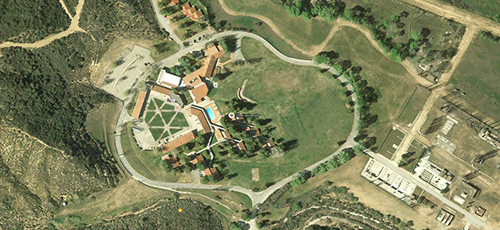



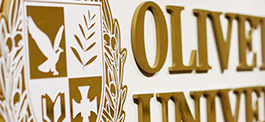
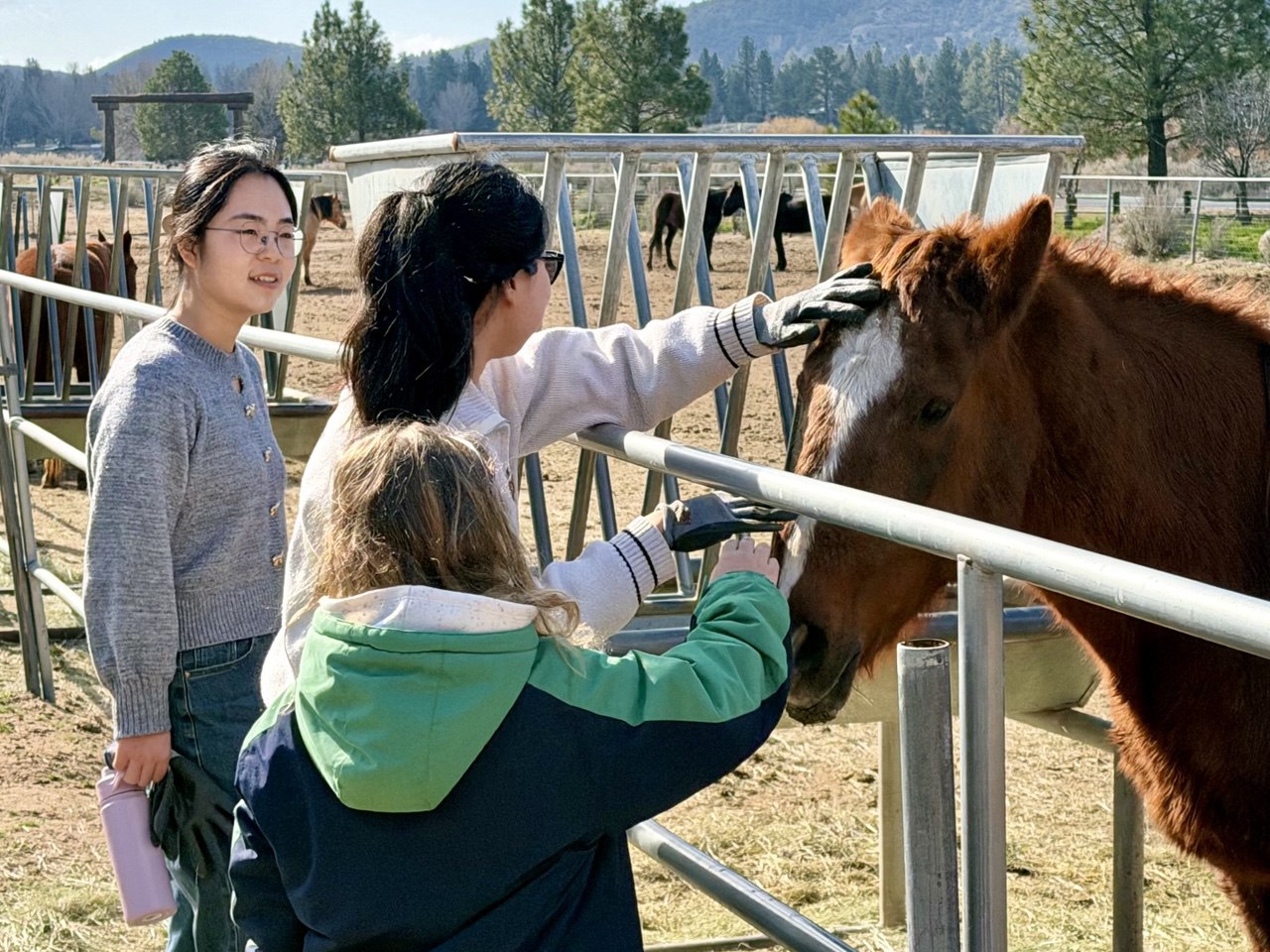
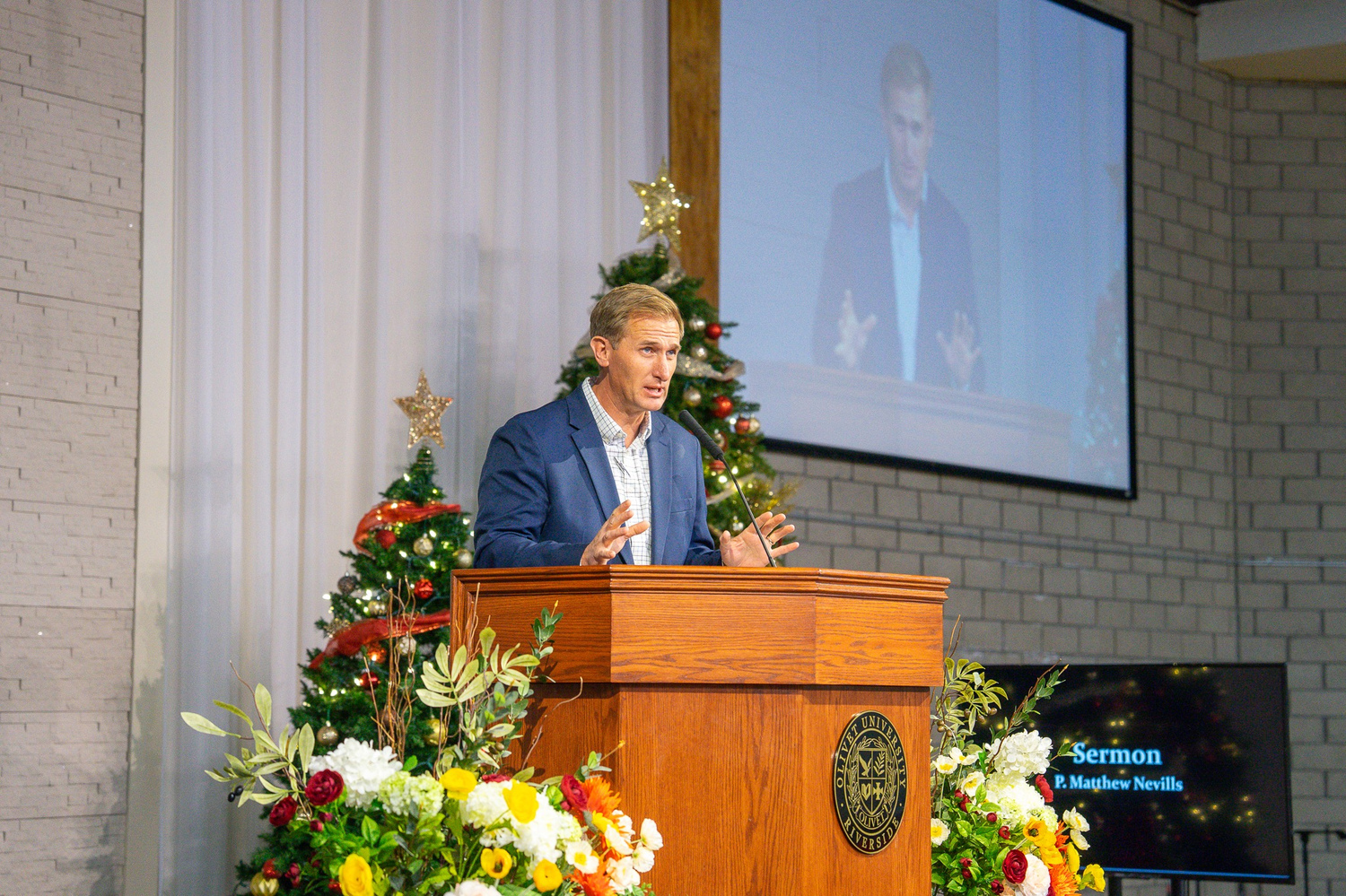 OU Riverside Hosts Sermon Series Speaker on Faithful Service and Reconciliation
OU Riverside Hosts Sermon Series Speaker on Faithful Service and Reconciliation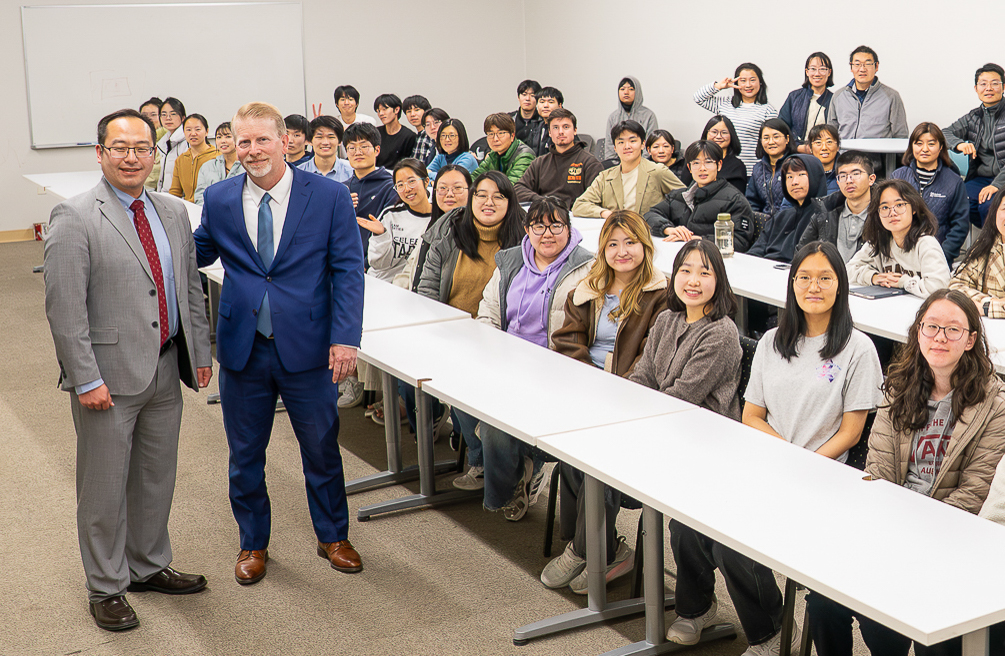 Christian Attorney Dr. Nathan Adams Encourages OU Students on Faith and Vocation
Christian Attorney Dr. Nathan Adams Encourages OU Students on Faith and Vocation
